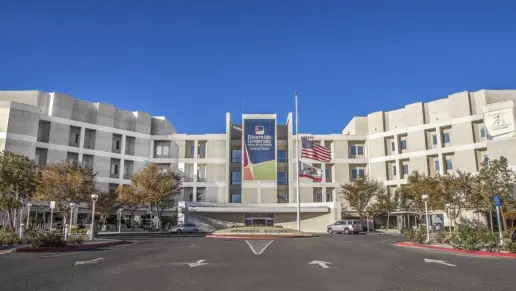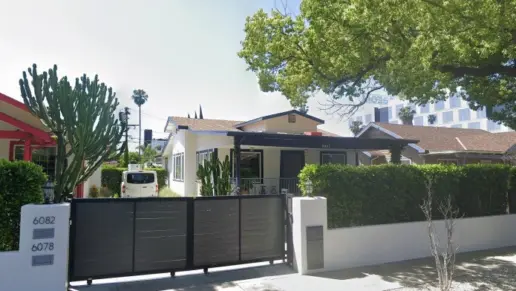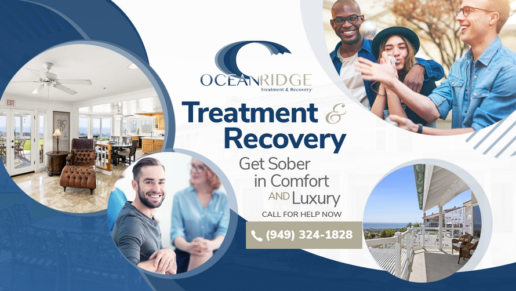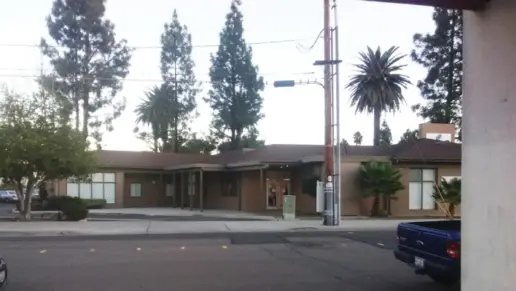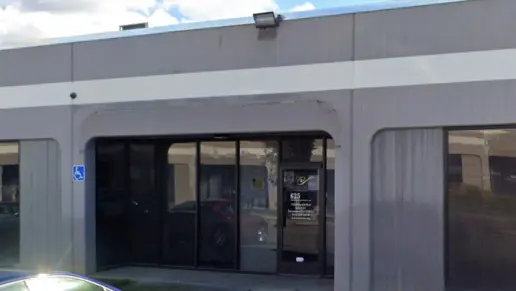About Americana Management Recovery Home – Closed
The Americana Management Recovery Home in Anaheim, California was a sober living facility for those who had completed substance use treatment. Sober living homes are ideal for those whose home and community environment isn’t supportive of their recovery or those who want some added accountability before returning home. Unfortunately, this location has now closed.
Required Meetings and Fees
Residents here would continue to receive substance use therapy while learning how to live independently without risking their recovery. Clients were charged $515 for the first month and $440 per month after. Clients were required to attend three 12 step meetings every week. They were also required to attend weekly house meetings.
A Modest Home Environment with Mixed Reviews
Clients described the home as a simple home that didn’t resemble some lush residential homes overlooking the ocean but said that the staff had the tools and desire to help clients pull their lives together. Cleanliness and upkeep of the building were complained about, but one client gave them five stars for their “heart.”
A Home Surrounded by Tranquil Spaces
The facility was surrounded by parks a client could have walked to for some fresh air and private space. Pearson’s Park offered walking paths and a tranquil pond and Anaheim Founders’ Park housed several historical Victorian style homes and displayed signs with historical information.
Ample Opportunities for Recovery Remain
While this facility may be closed, there are a number of other treatment facilities in your area. Our directory can help you find other sober living homes in Anaheim that will support your continued recovery.
Addiction Treatments
Levels of Care
 Outpatient
Outpatient
 Aftercare Support
Aftercare Support
Treatments
The goal of treatment for alcoholism is abstinence. Those with poor social support, poor motivation, or psychiatric disorders tend to relapse within a few years of treatment. For these people, success is measured by longer periods of abstinence, reduced use of alcohol, better health, and improved social functioning. Recovery and Maintenance are usually based on 12 step programs and AA meetings.
Drug rehab in California teaches participants constructive ways to stay clean and sober. Treatment revolves around helping individuals stop using the substance they are addicted to and learn healthy habits to avoid relapse.
A combined mental health and substance abuse rehab has the staff and resources available to handle individuals with both mental health and substance abuse issues. It can be challenging to determine where a specific symptom stems from (a mental health issue or an issue related to substance abuse), so mental health and substance abuse professionals are helpful in detangling symptoms and keeping treatment on track.
Opioid rehabs specialize in supporting those recovering from opioid addiction. They treat those suffering from addiction to illegal opioids like heroin, as well as prescription drugs like oxycodone. These centers typically combine both physical as well as mental and emotional support to help stop addiction. Physical support often includes medical detox and subsequent medical support (including medication), and mental support includes in-depth therapy to address the underlying causes of addiction.
Programs

Adult Program

Young Adult Program
Clinical Services
Whether a marriage or other committed relationship, an intimate partnership is one of the most important aspects of a person's life. Drug and alcohol addiction affects both members of a couple in deep and meaningful ways, as does rehab and recovery. Couples therapy and other couples-focused treatment programs are significant parts of exploring triggers of addiction, as well as learning how to build healthy patterns to support ongoing sobriety.
Research clearly demonstrates that recovery is far more successful and sustainable when loved ones like family members participate in rehab and substance abuse treatment. Genetic factors may be at play when it comes to drug and alcohol addiction, as well as mental health issues. Family dynamics often play a critical role in addiction triggers, and if properly educated, family members can be a strong source of support when it comes to rehabilitation.
Group therapy is any therapeutic work that happens in a group (not one-on-one). There are a number of different group therapy modalities, including support groups, experiential therapy, psycho-education, and more. Group therapy involves treatment as well as processing interaction between group members.
In individual therapy, a patient meets one-on-one with a trained psychologist or counselor. Therapy is a pivotal part of effective substance abuse treatment, as it often covers root causes of addiction, including challenges faced by the patient in their social, family, and work/school life.
